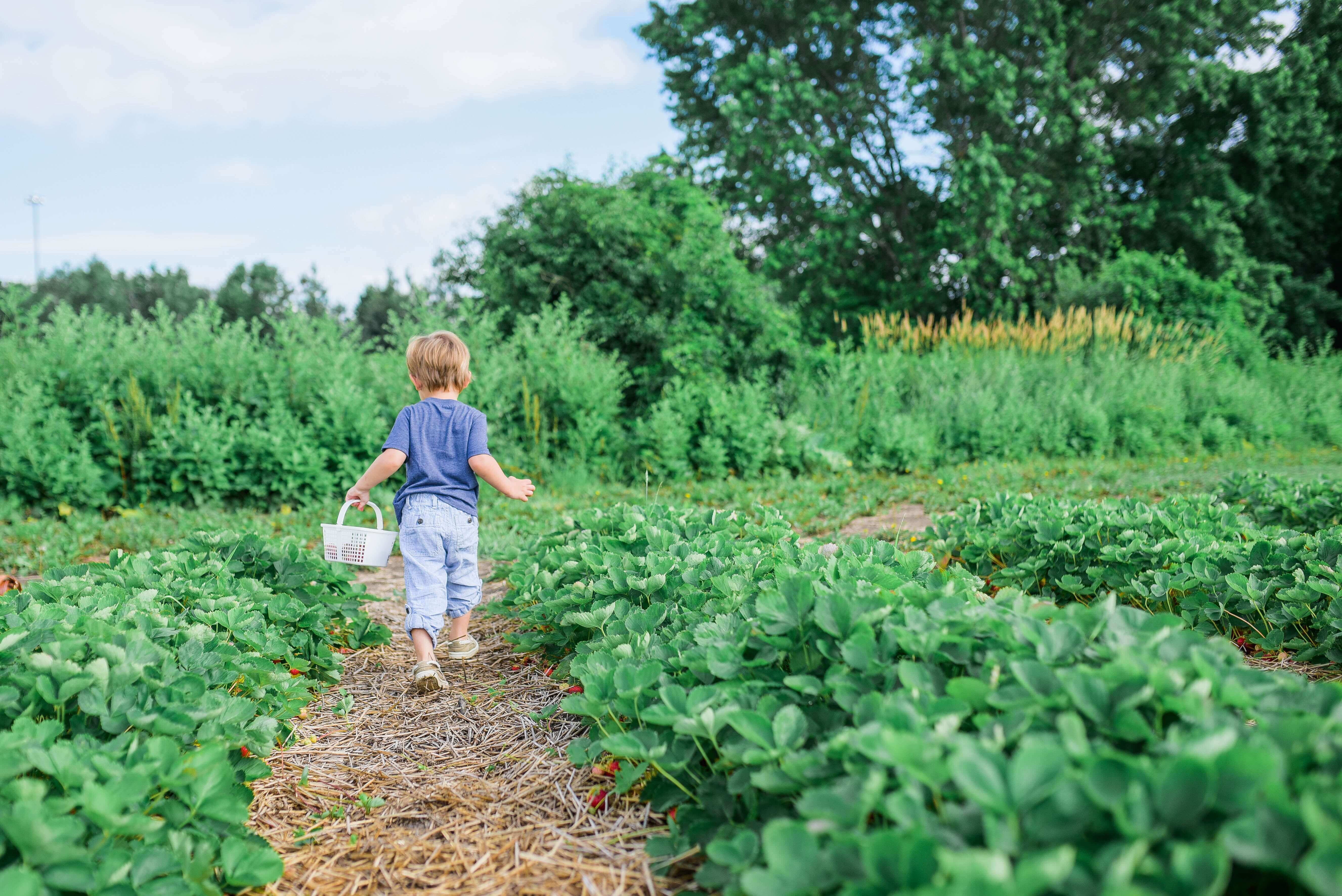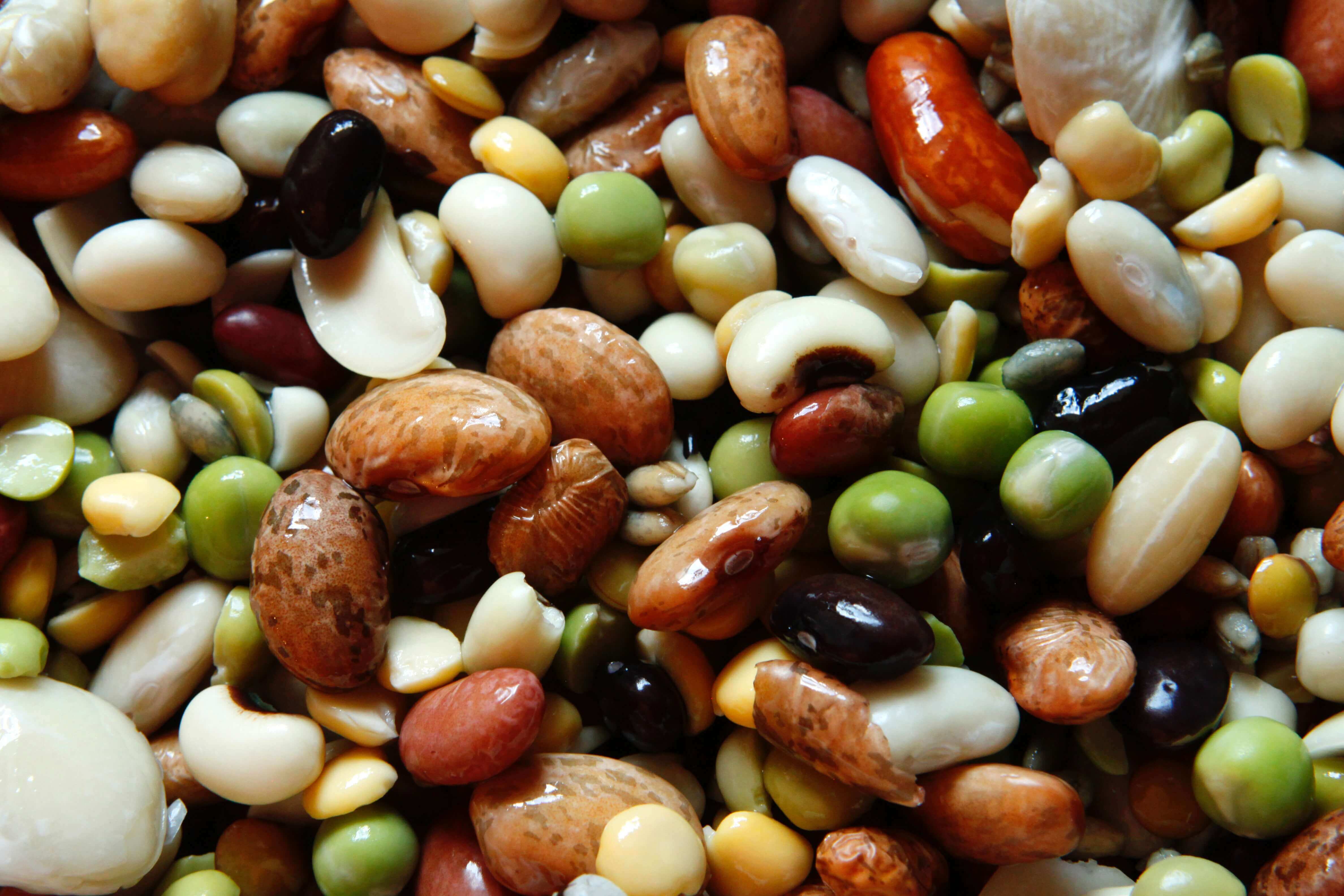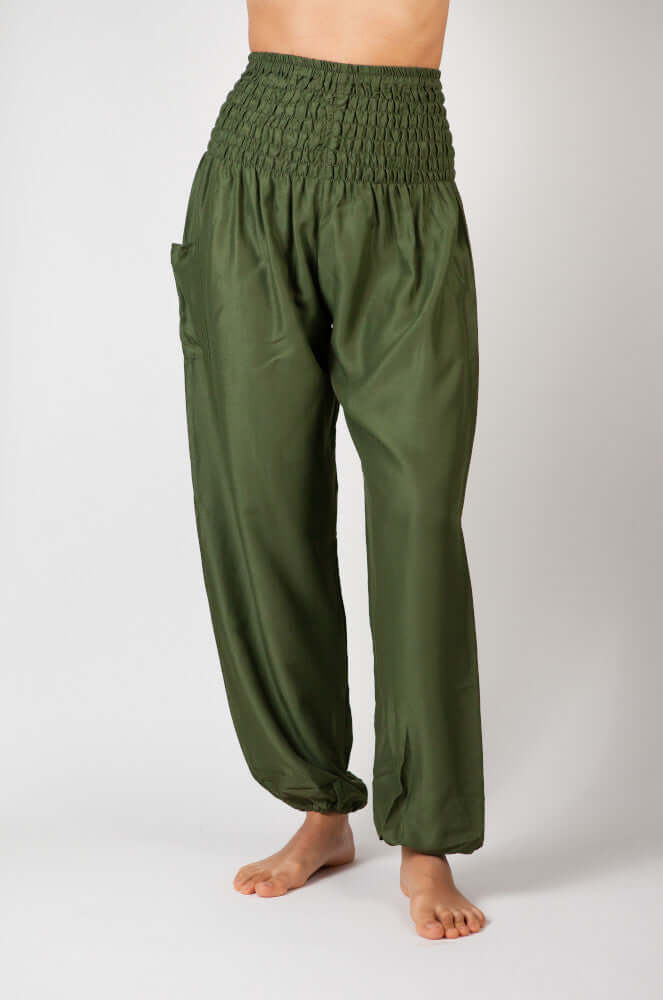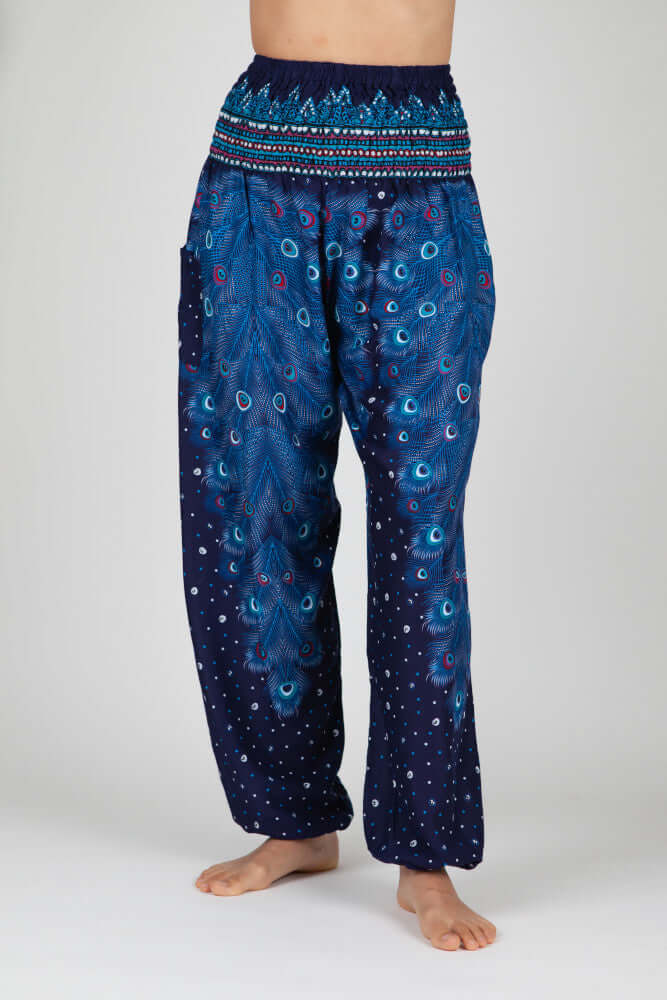
Inhaltsverzeichnis
Nachhaltig leben – 3 Schritte für Neulinge
Manche Menschen glauben, das der erste Schritt in Richtung Nachhaltigkeit ist, sich jeden Morgen mit einer Bambus-Zahnbürste die Zähne zu putzen. Oder sich haufenweise Bücher zum Thema zuzulegen. Oder ab sofort nur noch in Unverpackt-Läden einzukaufen. Oder das eigene Zuhause mit Zimmerpflanzen jeglicher Art auszustatten – denn all das macht einen schließlich umweltfreundlicher, oder?
Versteh mich nicht falsch, die genannten Beispiele sind super – müssen aber eben nicht zwangsweise die Dinge sein, mit denen man sich als Erstes auseinandersetzt. Ist man davon überzeugt, sich mehr mit einem neuen Thema – in diesem Fall mit der Nachhaltigkeit der eigenen Lebensweise – zu befassen, ist man oftmals voller Tatendrang und möchte am liebsten sofort alles verändern. Was aber auch passieren kann, ist, dass man sich kurz darauf überwältigt und erschöpft fühlt. Es lohnt sich, das Ganze langsam anzugehen und sich zunächst ein Bild über den Ist-Zustand zu verschaffen.
Hoffentlich helfen dir die drei Schritte, die ich heute mit dir teilen möchte, dabei, in die Welt des nachhaltigen Lebens einzutauchen.
1. Stelle sicher, dass es dir gut geht
Du kennst bestimmt die Sicherheitsanweisung beim Fliegen: “Ziehen Sie die Sauerstoffmaske zu sich heran und drücken sie die Öffnung fest auf Mund und Nase. Danach helfen Sie mitreisenden Kindern.” Dieses Prinzip gilt nicht nur im Flugzeug, sondern auch bei allen anderen Dingen, die wir angehen möchten. Wenn du deine eigenen Grundbedürfnisse nicht sichern kannst, musst du dich nicht im Detail mit Nachhaltigkeit auseinandersetzen. Es passiert leider immer noch zu häufig, dass überzeugte Umweltschützer*innen andere Menschen dafür beschuldigen und tadeln, nichts bzw. nicht genug für die Umwelt zu tun. Ein Mensch, der eh schon kaum über die Runden kommt oder nicht den Zugang zu nachhaltigen Alternativen hat, sollte sich nicht schlecht fühlen (müssen), wenn er nicht so nachhaltig handelt. Natürlich geht es uns im internationalen Vergleich ziemlich gut, aber das heißt noch lange nicht, dass niemand von uns finanzielle Schwierigkeiten oder andere grundlegende Sorgen hat.
Ich kenne es auch von mir selbst, als ich angefangen habe, mich mit Nachhaltigkeit zu beschäftigen: Bei öffentlichen Veranstaltungen oder im Urlaub habe ich lieber darauf verzichtet, Wasser zu trinken, als Wasser aus Plastikflaschen zu trinken. Das ist natürlich keineswegs gesund und hilft im Endeffekt auch niemandem.
An erster Stelle steht also immer, sich selbst zu versorgen. Wenn es dir emotional, psychisch oder physisch nicht gut geht, dann ist es viel wichtiger, dass du dich erst einmal um dich selbst kümmerst, bevor du dich mit Themen wie Umweltschutz, Nachhaltigkeit oder dem Zero-Wast-Lifestyle auseinandersetzt. Und zwar ohne schlechtes Gewissen. :)
2. Beschäftige dich damit, wo du jetzt gerade stehst
Eine kleine Bestandsaufnahme deiner derzeitigen Gewohnheiten und deines aktuellen Lebensstils hilft dir dabei, zu erkennen, wo du anfangen kannst und was du vielleicht verbessern kannst. Du kannst dich beispielsweise eine Woche lang dabei beobachten, wie und was du einkaufst, welche Plastikprodukte du verwendest, wie deine Lebensmittelvorräte aussehen, ob du Strecken mit dem Auto zurücklegst, die nicht sein müssen, was und wie viel du wegschmeißt, etc.
Mache dir am besten eine kurze Notiz, sobald dir etwas auffällt, damit du es nicht sofort wieder vergisst. Am Ende der Woche kannst du deine Notizen dann in eine Liste mit Verbesserungsvorschlägen und Ideen umwandeln.
Ganz abgesehen davon tendieren wir dazu, unseren “Tag 1” mit dem “Tag 100” oder gar “Tag 1000” von anderen zu vergleichen. Ein Basketballspieler, der seit einem Jahrzehnt professionell Basketball spielt ist natürlich auf einem ganz anderen Level als jemand, der gestern das erste Mal auf einen Korb geworfen hat. Und das gilt nicht nur für Sportarten, sondern für so gut wie alle Beschäftigungen.
Es ist toll, sich Inspiration zu holen von Menschen, die wir bewundern oder die weiter sind als wir. Wir müssen nur aufpassen, uns nicht zu sehr zu vergleichen oder uns kleinzureden und schlecht zu machen.
Wenn du weißt, wo du aktuell stehst und wie dein momentaner Alltag aussieht, dann kannst du auf genau dem aufbauen und genau dort losgehen. Und denk daran: Jeder geht seinen ganz individuellen Weg in seinem eigenen Tempo, und das ist auch gut so!
3. Finde deine Motivation
Hinter allen Dingen, die wir tun, steckt eine Motivation. Diese Motivation ist öfter als wir wollen fremdgesteuert oder dient dazu, Sicherheit und Komfort zu garantieren. Wenn wir ein “Warum” haben, das auf tiefer Überzeugung gründet und das intrinsisch (also von uns selbst aus) motiviert ist, fällt es uns leichter, Dinge anzugehen und umzusetzen. Abnehmen zu wollen, weil ein bestimmtes Körperbild in der Gesellschaft vorherrscht, ist beispielsweise eine Motivation, die von außen kommt und es uns schwer machen wird, wirklich abzunehmen. Ein vorteilhafteres Motiv könnte beispielsweise sein, dass man abnehmen möchte, um dem eigenen Körper Gutes zu tun und gesund zu sein.
Auch bezogen auf Nachhaltigkeit ist es wichtig, ein starkes “Warum” hinter dem eigenen Handeln zu haben. Das kann alles sein: Von “Ich möchte dazu beitragen, die Welt zu retten” über “Ich möchte meinen Enkelkindern ein möglichst angenehmes Leben ermöglichen” bis hin zu “Ich möchte ein simpleres Zuhause erschaffen, das ich nicht so oft putzen muss”. Egal ob dein “Warum” gesellschaftlich gesehen “groß” (im Sinne von “wichtig”) oder “klein” (im Sinne von “unwichtig”) ist: Ausschlaggebend ist, dass die Motivation von dir aus kommt und für dich eine Bedeutung hat.
Der Weg zu einem nachhaltigen, umweltfreundlichen Leben ist lang und kann nicht von heute auf morgen bewerkstelligt werden. Es wird ganz bestimmt Phasen geben, in denen man mit dem eigenen Fortschritt nicht zufrieden ist, in denen das Leben einem Hindernisse in den Weg räumt oder in denen einem andere Menschen das Leben schwer machen. Zum Beispiel kann es Leute in unserem Umfeld geben, die nicht verstehen, wieso wir gewisse Dinge tun oder andere Überzeugungen haben. Die sich durch unsere Handlungen bedroht oder getriggert fühlen. In solchen Momenten fängt man schnell an, an sich zu zweifeln oder denkt sich “Es wäre leichter, wenn ich einfach damit aufhören würde…”.
Hast du aber ein kraftvolles “Warum” definiert, an welches du dich in diesen Zeiten erinnern kannst, fällt es leichter, weiterzumachen und sich nicht zu sehr von äußeren Einflüssen “ablenken” zu lassen. Wenn das “Warum” zu einer tiefen Überzeugung wird, ist es viel leichter, sich selbst und den eigenen Entscheidungen treu zu bleiben und an einer Sache dran zu bleiben.
Wenn du noch mehr über die Themen Nachhaltigkeit, Achtsamkeit oder gesunde Ernährung erfahren möchtest, schaue doch mal hier vorbei.
 Photo by heather mckean on Unsplash
Photo by heather mckean on Unsplash



























Leave a comment
This site is protected by hCaptcha and the hCaptcha Privacy Policy and Terms of Service apply.